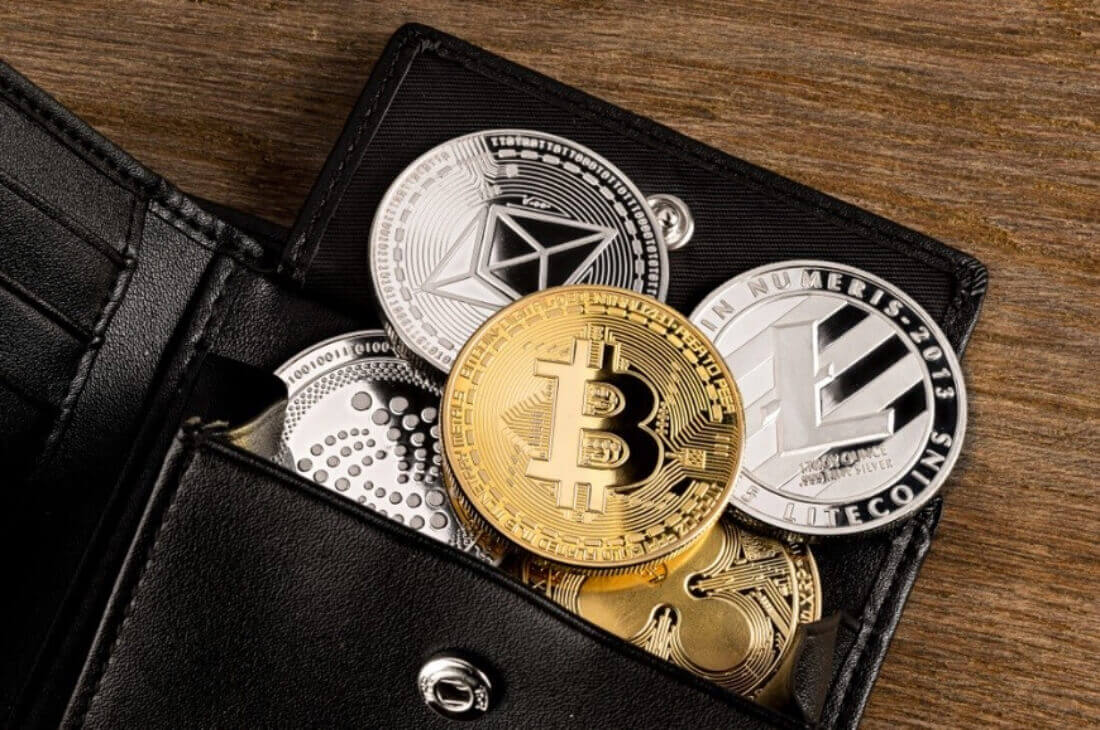Singapore’s country of around 5.6m people depended on its financial services to support its economy. Now, in Asia, it found itself in a race with Tokyo and Hong Kong to become the global financial hub.
It expanded its attention for fintech, trying to confuse the traditional banking system. In a culturally conservative country, officials are still trying to figure out the potential benefits of crypto.
After January 2020, crypto businesses started applying for performing licenses under the Payment Services Act, which regulates firms trading tokens such as bitcoin and working on digital payments.
Assistant managing director of the Monetary Authority of Singapore’s policy (and payments and financial crime group), Loo Siew Yee, talked to the Financial Times. He said that Technologies supporting crypto products and digital assets could influence the new era for financial services.
Besides all of these events, however, there are policymakers and their calculation. Suppose Singapore opens its doors to support the crypto industry. In that case, it could show an essential weapon in the country’s journey to become a dominant financial hub. Ultimately, it will create an environment for the country to be judged globally. Singapore’s plan to be open for crypto stands in clear contrast to the more bitter changes in other domains.
In September, the biggest listed crypto exchange so far, Coinbase, wrote its opinions on Twitter against the US Securities and Exchange Commission, accusing of inadequate behavior.
Binance on Investors Alert List
As some important powers in Asia, such as Seoul, Beijing, and Hong Kong, started to go easy on crypto, the possible risks of its approach might begin emerging. The founder of Binance is now based in Singapore. Other regulators criticized the company this year regarding problems including customer security and protection and compliance with anti-money laundering controls.










